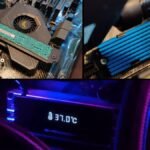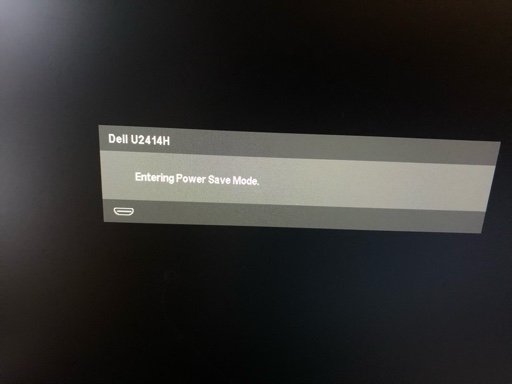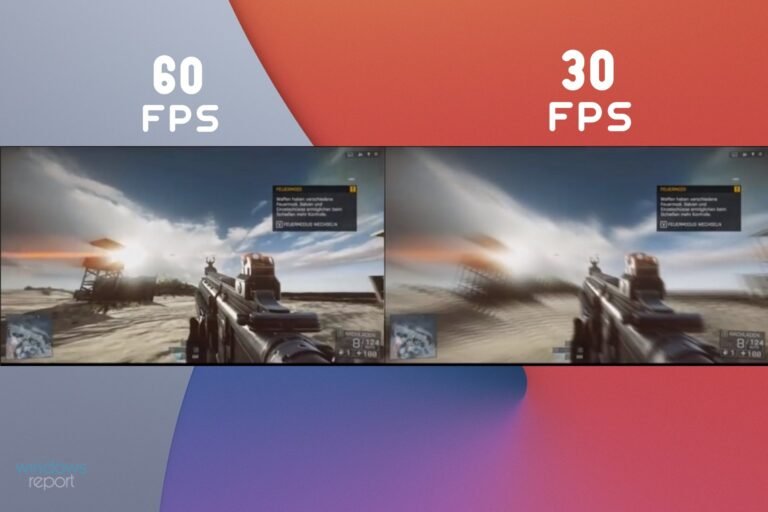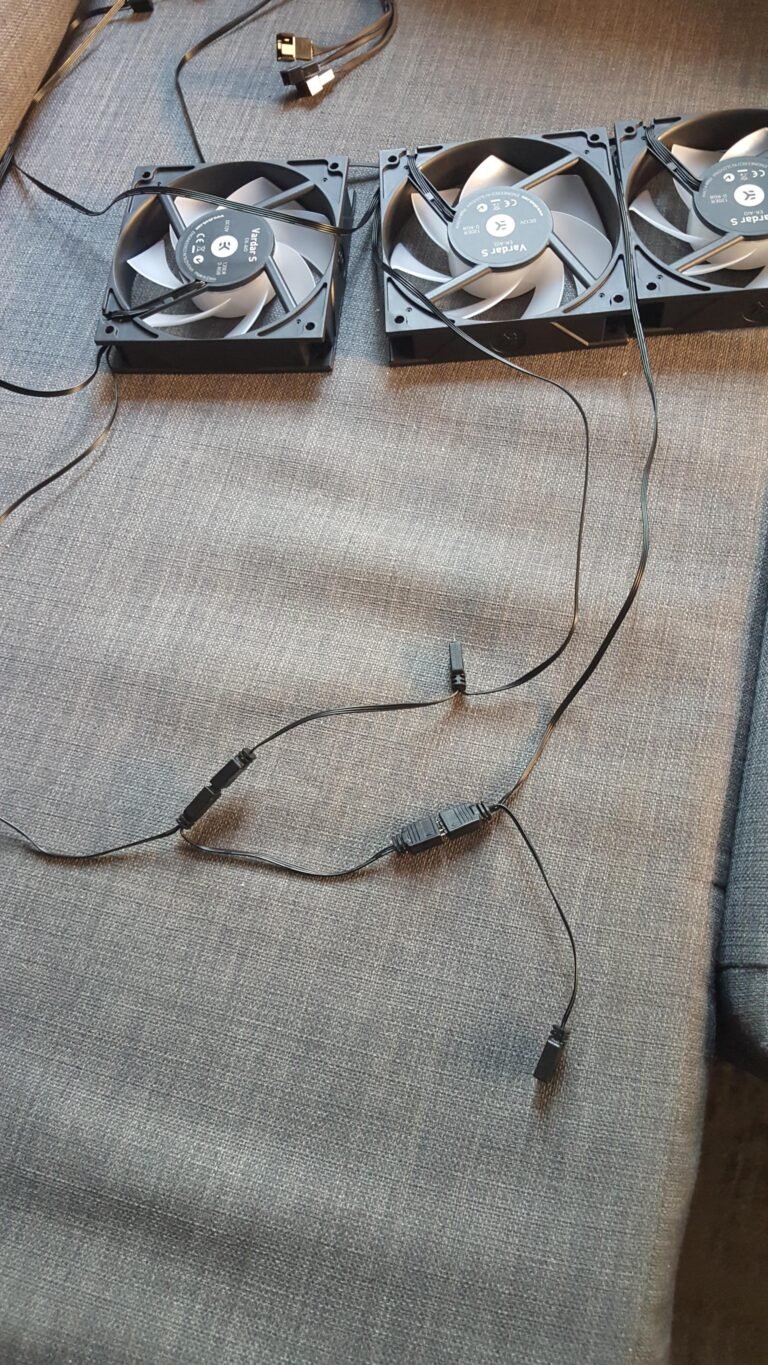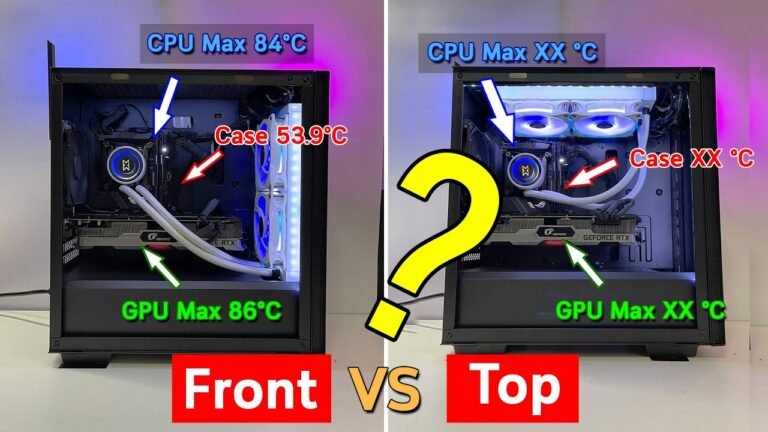Why is My Ram Speed 2133
The reason your RAM speed is 2133 is because that is the base speed for DDR4 memory. Anything above 2133 is considered an overclocked speed.
If you’re wondering why your RAM speed is 2133, there are a few possible explanations. First, it’s important to note that 2133 is the standard speed for DDR4 RAM. So, if you have DDR4 RAM in your computer, that’s likely the reason why its speed is 2133.
Secondly, your motherboard may also be limiting the speed of your RAM. If you’re not sure why your RAM speed is 2133, it’s best to consult with your computer’s manufacturer or a qualified technician.
FIX – Ram Running at 2133 Mhz Instead of 3200 Mhz
Why is My Ram Speed 2133 Instead of 3600
If you’re wondering why your RAM speed is 2133 instead of 3600, there are a few possible explanations. First, it’s important to note that not all RAM is created equal. Some types of RAM are faster than others, and the speed rating is determined by the manufacturer.
So, it’s possible that your RAM is simply not as fast as some other types of RAM on the market.
Second, your motherboard may only be compatible with certain speeds of RAM. So even if you have a superfast type of RAM, it won’t work properly on your motherboard unless it supports that speed.
To check what kind of speeds your motherboard supports, consult your owner’s manual or look up the specs online.
Finally, keep in mind that the rated speed of your RAM doesn’t necessarily reflect its real-world performance. In other words, just because your RAM is rated for 3600 MHz doesn’t mean it will always run at that speed.
Factors like temperature and overall system stability can cause your RAM to downclock itself to avoid any potential issues.
Why is My Ram Speed 2133 Instead of 3200
If you’re wondering why your RAM speed is 2133 instead of 3200, there are a few things that could be causing this. First, it’s important to check your BIOS settings to make sure that the RAM is set to run at its full potential. If the RAM is set to run at a lower speed in the BIOS, it will only run at that speed regardless of its actual capabilities.
Second, some motherboards have limitations on how fast they can support RAM. So even if your BIOS is configured for 3200MHz, your motherboard may only be able to support 2133MHz. Finally, it’s also possible that your RAM simply isn’t capable of running at 3200MHz.
Even though it’s advertised as being capable of that speed, sometimes manufacturing defects or other issues can cause the RAM to fall short of its advertised specs.
Ram Stuck at 2133 Ryzen
If you’re a fan of AMD’s Ryzen CPUs, you may have noticed that some of them are stuck at 2133 MHz when it comes to memory speed. While this may not be a huge issue for some users, it can be a bit of a pain for those who want to take advantage of the full potential of their hardware. Thankfully, there is a workaround that will allow you to get your RAM running at its full speed.
The first thing you’ll need to do is head into your BIOS and enable XMP mode. This will allow your motherboard to run your RAM at its advertised speed. Once you’ve done that, save and exit the BIOS, then boot into Windows.
Next, open up the Task Manager and go to the Performance tab. Here, you should see your CPU and RAM speeds listed under the ‘Processor’ and ‘Memory’ sections respectively. If everything looks good so far, open up Ryzen Master and go to the OC Profile tab.
From here, all you need to do is click on the ‘Enable Profile 1’ button and then select ‘Apply Changes’. That’s it! Your RAM should now be running at its full speed without any issues.
Keep in mind that this fix is only temporary – every time you reboot your PC, you’ll need to re-enable XMP mode in your BIOS and apply the changes in Ryzen Master again. Hopefully AMD will address this issue in a future update but until then, this workaround should help keep things running smoothly.
Why Does My Ram Show Less Mhz
If you’ve ever wondered why your RAM shows less MHz than it’s supposed to, you’re not alone. It’s a common question, and the answer isn’t always simple. Here’s a look at some of the factors that can affect your RAM’s speed.
First, it’s important to understand that RAM is rated according to its maximum speed. That doesn’t mean that it will always run at that speed, however. Your computer’s motherboard and CPU also play a role in determining how fast your RAM runs.
In general, faster CPUs and better quality motherboards will allow your RAM to run closer to its maximum rated speed.
Another factor that can affect your RAM’s speed is its timings. Timings are essentially settings that tell the RAM how long it has to perform certain tasks.
The lower the timings, the faster the RAM will be able to operate. However, timings can be tricky to change and aren’t always compatible with all systems. So if you’re not experienced with tweaking these settings, it’s best to leave them alone.
Finally, keep in mind that even if your RAM is running at a slower speed than its maximum rating, it doesn’t necessarily mean there’s something wrong with it. Sometimes manufacturers underclock their products in order to save money or improve compatibility with other components. As long as your system is stable and performing well, there’s no need to worry about the slower speeds.
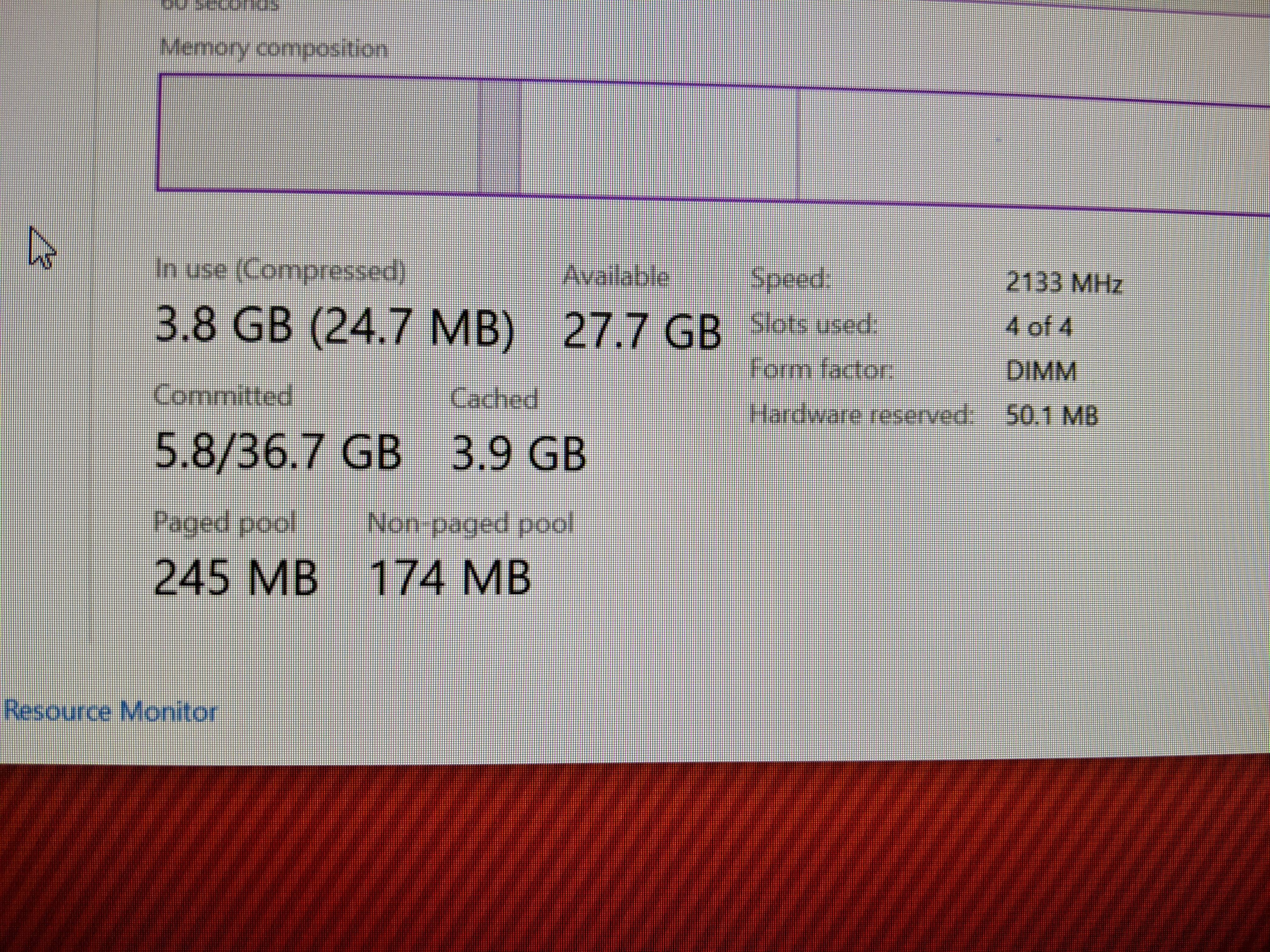
Credit: linustechtips.com
Why is My Ram 2133?
If you’re wondering why your RAM is running at 2133, there are a few possible explanations. First, it’s important to check what your motherboard’s maximum supported frequency is. If your motherboard only supports up to 1600MHz, then that’s probably the reason why your RAM is only running at 2133.
Most newer motherboards will support frequencies up to 2400MHz or higher, so if that’s the case, you may need to update your BIOS in order to enable the higher speed. Alternatively, some CPUs have an integrated memory controller that only supports up to certain frequencies. For example, Intel’s 6th and 7th generation processors have a maximum supported frequency of 2133MHz.
So if you’re using one of those processors, then that would be the reason why your RAM is only running at 2133.
Is Ram Speed 2133 Mhz Good?
The short answer is yes, 2133 Mhz RAM is good. In fact, it’s pretty great. That being said, there are a few things to keep in mind when shopping for RAM.
First and foremost, you need to make sure that the RAM you’re buying is compatible with your motherboard. Second, you’ll want to consider what kind of applications you’ll be using. If you’re a power user or gamer, you might benefit from faster RAM speed.
But if you’re just browsing the web or doing light work, 2133 Mhz RAM should be more than enough speed.
Why is My 2400 Ram Running at 2133?
If you have a computer that is running at 2400 RAM, it is likely because the BIOS is set to automatically overclock the system. This can be easily changed in the BIOS settings. The reason that your RAM may be running at 2133 is because the CPU may not be able to handle the increased speed.
You can try setting the BIOS to manual and then overclocking the CPU to see if this helps. If not, you may need to purchase faster RAM.
Can I Use 3200Mhz Ram in 2133Mhz?
If you have a computer that supports 3200MHz RAM, is it okay to use 2133MHz RAM instead? The answer is maybe. It depends on your motherboard and its capabilities.
When it comes to memory or RAM speed, the general rule is that faster is better. That’s because faster RAM can improve overall system performance by helping the CPU or processor handle more information at once. So, if you have a choice between two types of RAM with different speeds, the logical assumption would be to go with the faster option.
However, there are a few things to keep in mind before making your decision. First, make sure that your motherboard can actually support 3200MHz RAM. Not all motherboards are created equal and some may only be able to support lower speeds like 2133MHz or even 1600MHz.
Check your motherboard’s specifications before making your purchase.
Second, even if your motherboard can technically support 3200MHz RAM, that doesn’t mean it will always run at that speed. Memory controllers are often not able to take full advantage of high-speed memory modules and as a result, they may downclock the RAM to a lower speed like 2400MHz or 2666MHz.
This isn’t necessarily a bad thing as it can still offer a significant performance boost over slower memory modules but it’s something to keep in mind when making your purchase.
Lastly, remember that you generally get what you pay for when it comes to PC components so don’t skimp too much on quality just to save a few bucks. If you’re looking for the best possible performance, then opting for higher-end 3200MHz RAM from brands like Corsair or GSKILL is usually worth the extra cost.
Conclusion
This blog post covers the question of why someone’s RAM speed might be 2133. The author provides several possible explanations, including that the person may have an older computer or that their RAM may not be compatible with their motherboard. Ultimately, the author suggests that the best way to find out is to contact the manufacturer of the person’s computer or RAM.




